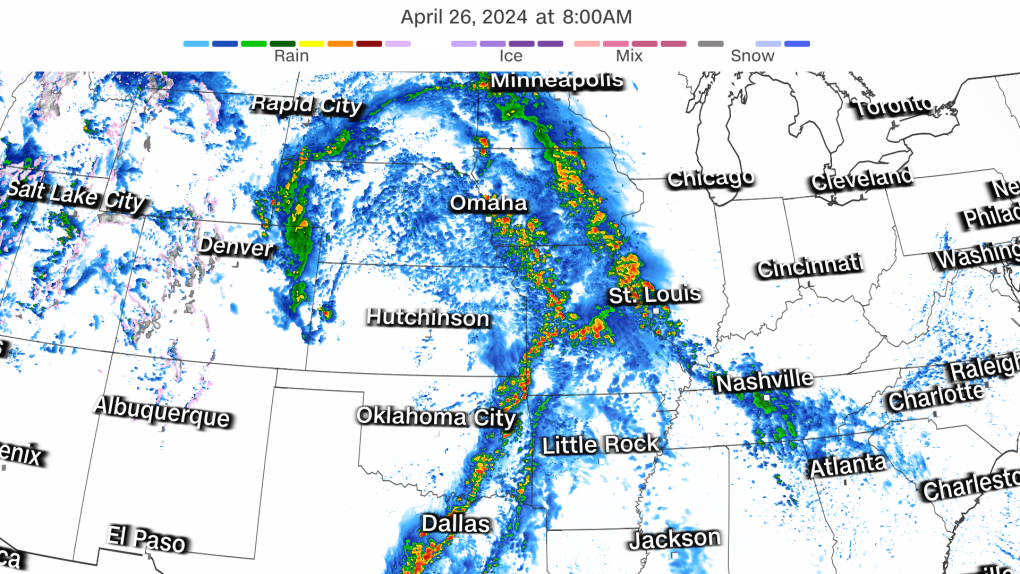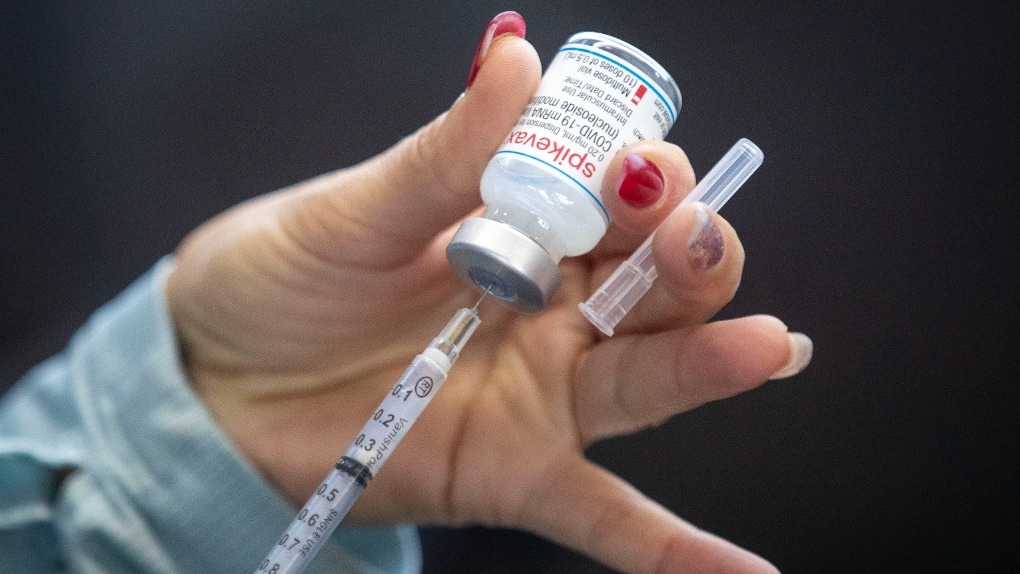The National Advisory Committee on Immunization (NACI) says people at a high risk of serious illness should get another COVID-19 booster shot in the spring.
People aged 80 and older, people aged 65 to 79 (particularly those who’ve never had COVID), people living in long-term care homes or other congregate living situations, and people aged 18 and older who are immunocompromised are encouraged to book a vaccine appointment.
NACI also recommends that anyone who hasn’t gotten a COVID-19 booster shot in the fall of 2022 get one as soon as possible.
Dr. Theresa Tam, Canada’s chief public health officer, says it’s just as important as ever to keep up to date on your COVID-19 vaccinations.
“Booster doses help to build back protection against severe disease that wanes over time after COVID-19 vaccination or infections. Given the current COVID-19 epidemiology, including the relatively stable disease activity we have observed in recent months, and generally high levels of antibodies against COVID-19 from vaccines and/or infection among Canadians, NACI is currently not recommending an additional bivalent booster for the general population this spring. However, individuals at highest risk of getting severely ill from COVID-19, including older adults and individuals considered immunocompromised, may be offered a spring bivalent booster dose,” Tam said in a release.
NACI recommends getting an additional dose of the vaccine six months after your most recent shot or six months after you were last sick with COVID.
Dr. Shelley Deeks, NACI chair, said bivalent mRNA vaccines that target the Omicron variant of the virus are still the best option for booster shots.
“Bivalent booster dose uptake is still relatively low among the populations at risk of severe disease, and we hope to see this improve. Older adults, particularly those over 80 years, consistently have the highest risk of severe disease, especially if they are unvaccinated. We have historically seen patterns of waning protection against severe disease by 6 months after the last dose, particularly in older adults without prior infection,” Deeks said in a release.
NACI says it’s continuing to monitor COVID-19 and may make additional vaccine recommendations in the fall, “depending on the COVID-19 pandemic context.”







More Stories
Reduce salmonella in certain frozen chicken products: USDA to producers | CBC News
More than 115 cases of eye damage reported in Ontario after solar eclipse
British Columbia recriminalizes use of drugs in public spaces | CBC News